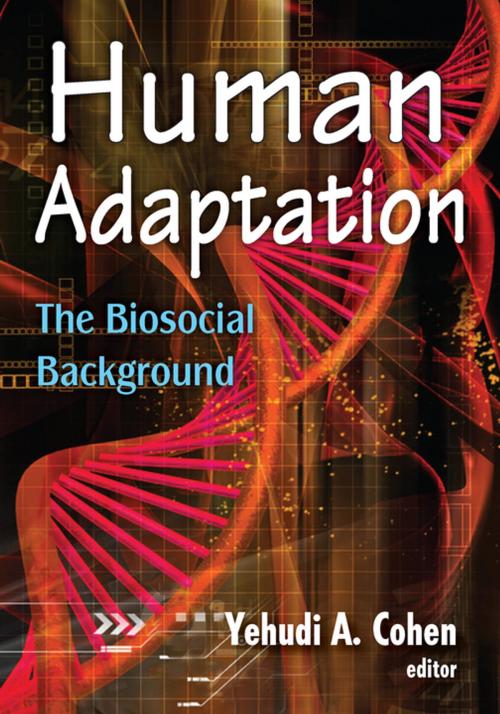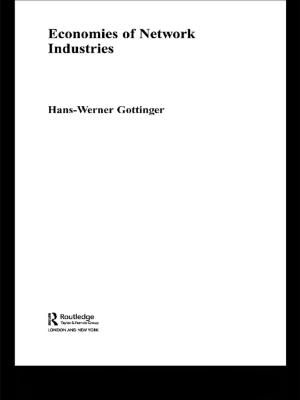Human Adaptation
The Biosocial Background
Nonfiction, Social & Cultural Studies, Social Science, Anthropology| Author: | ISBN: | 9781351514712 | |
| Publisher: | Taylor and Francis | Publication: | July 12, 2017 |
| Imprint: | Routledge | Language: | English |
| Author: | |
| ISBN: | 9781351514712 |
| Publisher: | Taylor and Francis |
| Publication: | July 12, 2017 |
| Imprint: | Routledge |
| Language: | English |
Underlying the anthropological study of humans is the principle that there is a reality to which a human must adapt for survival. Populations must adapt to the realities of the physical world and maintain a proper fit between their biological makeup and the pressures of the various niches of the world. Social groups must develop adaptive mechanisms in the organization of their social relations if there is to be order, regularity, and predictability in patterns of cooperation and competition. This book presents an introduction to anthropology that is unified and made systematic by its focus on adaptations that have accompanied the evolution of humans, from non-human primates to inhabitants of vast urban areas in modern industrial societies.
Human Adaptation contains over forty outstanding essays that are intended to serve as an introduction to physical anthropology, archeology, and linguistics from the point of view of the processes of adaptation. The organization of these selections contains a balance between biological and prehistoric cultural adaptations. They provide coherence for the study of human evolution. Several selections, notably those in connection with linguistic adaptations, deal with contemporary people in order to shed light on earlier evolutionary processes. More than half of the selections deal with biological evolution.
This volume unifies the subject matter of anthropology within a single and powerful explanatory framework and incorporates the work of the most renowned anthropological experts on man.
Underlying the anthropological study of humans is the principle that there is a reality to which a human must adapt for survival. Populations must adapt to the realities of the physical world and maintain a proper fit between their biological makeup and the pressures of the various niches of the world. Social groups must develop adaptive mechanisms in the organization of their social relations if there is to be order, regularity, and predictability in patterns of cooperation and competition. This book presents an introduction to anthropology that is unified and made systematic by its focus on adaptations that have accompanied the evolution of humans, from non-human primates to inhabitants of vast urban areas in modern industrial societies.
Human Adaptation contains over forty outstanding essays that are intended to serve as an introduction to physical anthropology, archeology, and linguistics from the point of view of the processes of adaptation. The organization of these selections contains a balance between biological and prehistoric cultural adaptations. They provide coherence for the study of human evolution. Several selections, notably those in connection with linguistic adaptations, deal with contemporary people in order to shed light on earlier evolutionary processes. More than half of the selections deal with biological evolution.
This volume unifies the subject matter of anthropology within a single and powerful explanatory framework and incorporates the work of the most renowned anthropological experts on man.















